Introduction
Senior German Shepherd Dog Care: As your German Shepherd ages, you may face new challenges.
- Managing health conditions in older dogs is key to ensuring their comfort and happiness
- What dietary changes should you consider?
- How do you manage their declining mobility?
- These are common questions dog owners face as their furry friends enter senior years
- This guide offers essential tips to keep your senior German Shepherd healthy
1. Understanding the Aging Process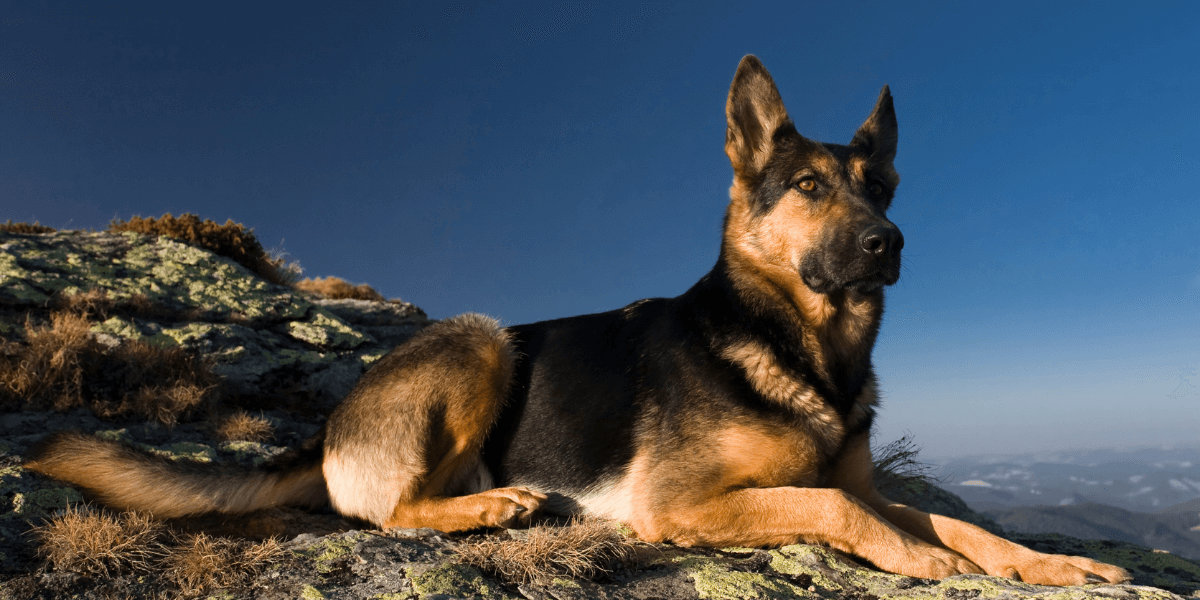
As German Shepherds age, their bodies change and need special attention and care.
Common Signs of Aging:
- Decreased energy levels: Older German Shepherds often become less active and may tire more easily
- Gray or white fur: This is a natural part of the aging process
- Joint stiffness and arthritis: You may notice them having trouble getting up, climbing stairs, or jumping
- Changes in appetite and weight: Aging can affect a dog's metabolism, leading to changes in appetite and weight
- Hearing and vision loss: Diminished hearing and vision are common in older dogs
2. Nutrition for Senior German Shepherds
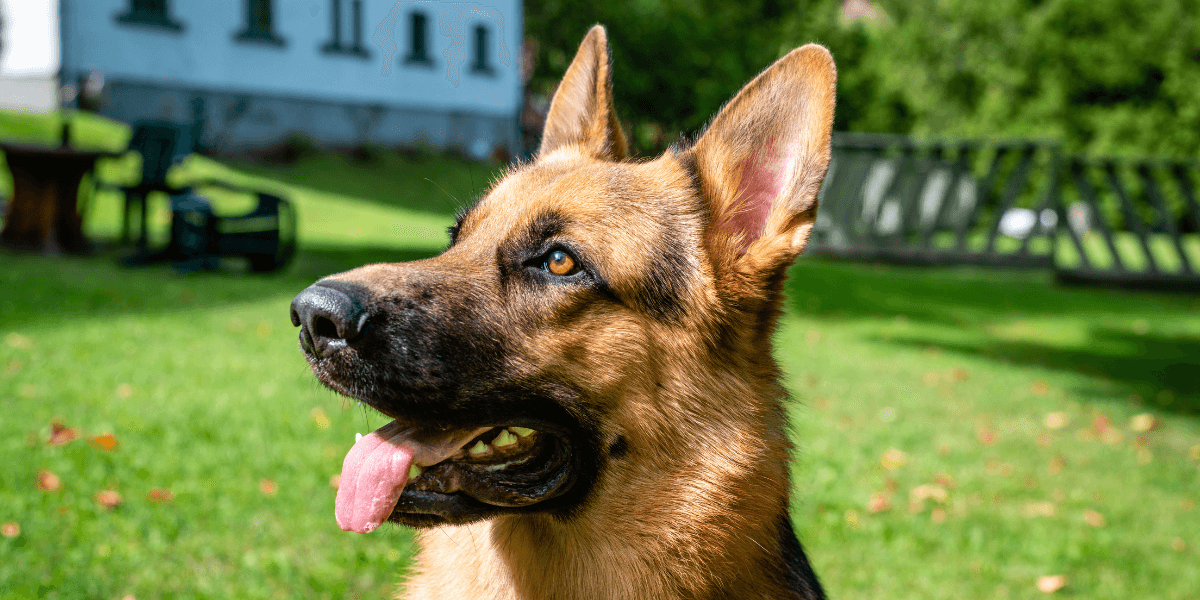
Senior dogs have different dietary requirements compared to their younger counterparts.
Nutritional Considerations:
- High-Quality Protein: Supports muscle maintenance and overall health
- Low-Fat Diet: Helps prevent obesity and manage weight
- Omega-3 Fatty Acids: Reduces inflammation and supports joint health
- Antioxidants: Boosts the immune system and fights off free radicals
- Digestible Carbohydrates: Provides energy while being easy on the digestive system
- Fiber: Aids in digestion and helps manage weight
- Joint Supplements: Ingredients like glucosamine and chondroitin can support joint health
3. Exercise and Mobility
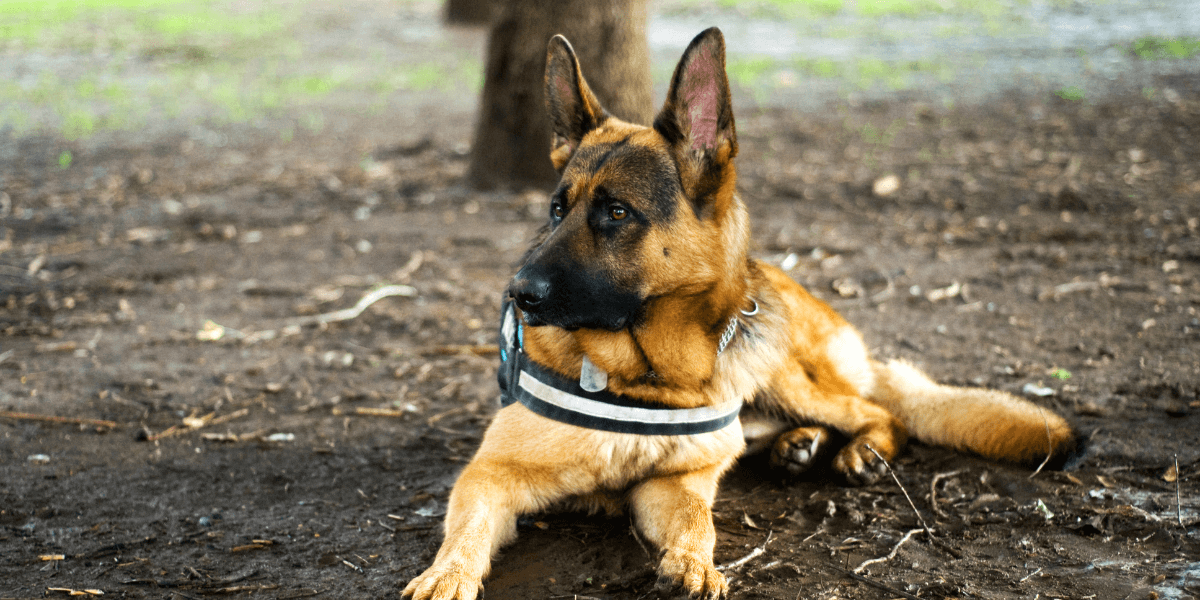
Senior German Shepherds need regular exercise for physical and mental well-being.
Exercise Tips:
- Gentle Walks: Short, frequent walks are better than long, strenuous ones
- Swimming: A low-impact activity that is easy on the joints
- Interactive Toys: Keeps their mind engaged and stimulates mental activity
- Joint Supplements: Incorporate glucosamine and chondroitin to support their mobility
- Controlled Activities: Use low-impact exercises like gentle stretching or slow-paced hikes
- Physical Therapy: Consider sessions with a canine physical therapist for tailored exercises and treatments
4. Grooming and Hygiene
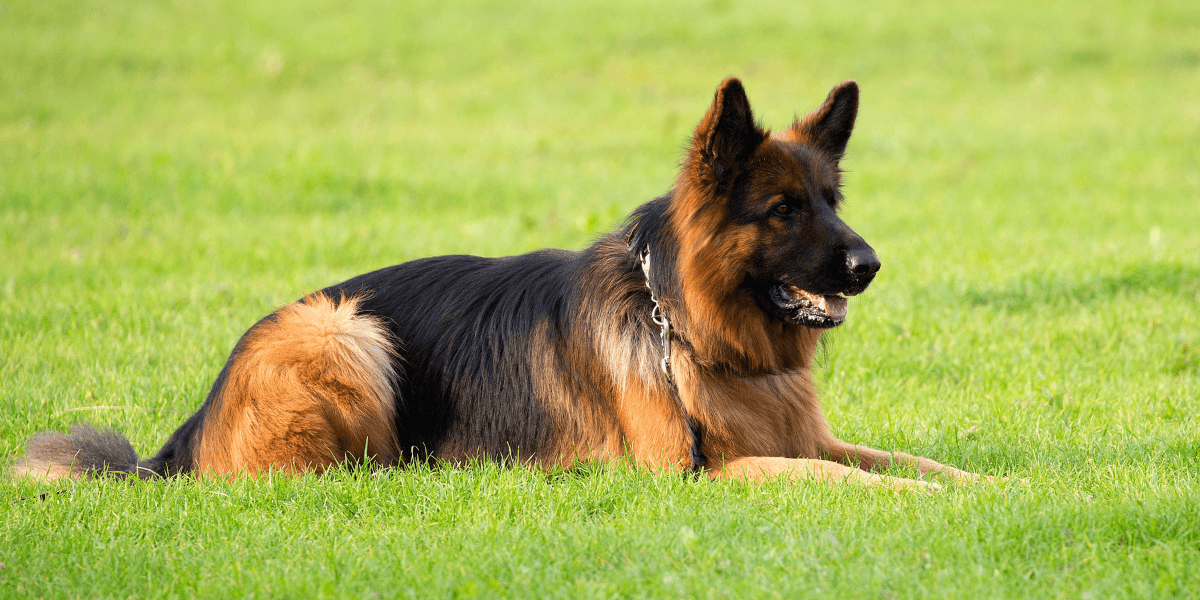
Proper grooming and hygiene are vital for your senior German Shepherd's comfort.
Grooming Routine:
- Regular Brushing: Helps manage shedding and keeps their coat healthy
- Bathing: Use a gentle shampoo suitable for sensitive skin
- Nail Trimming: Prevents discomfort and mobility issues
5. Veterinary Care
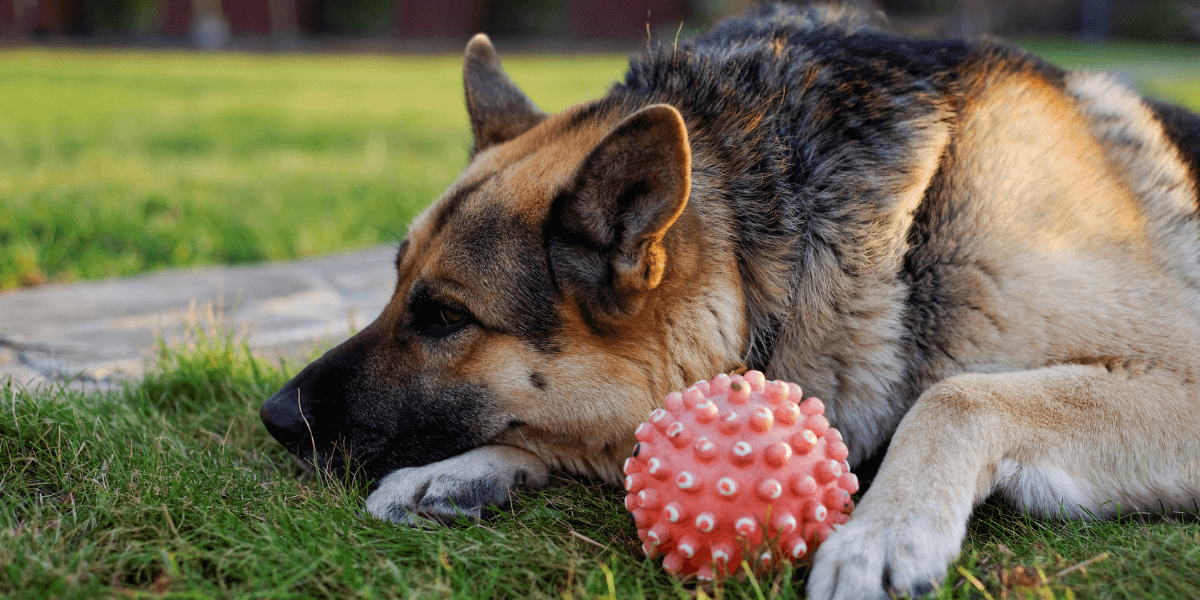
Regular vet visits are crucial for monitoring your senior dog's health.
Veterinary Checklist:
- Bi-Annual Check-Ups: Ensure a thorough examination twice a year
- Blood Tests: Monitor organ function and detect early signs of disease
- Dental Care: Regular cleanings to prevent periodontal disease
- Vaccinations: Keep up with necessary vaccines and parasite control
Discover essential veterinary care tips to keep your German Shepherd healthy and thriving.
6. Comfort and Mental Stimulation
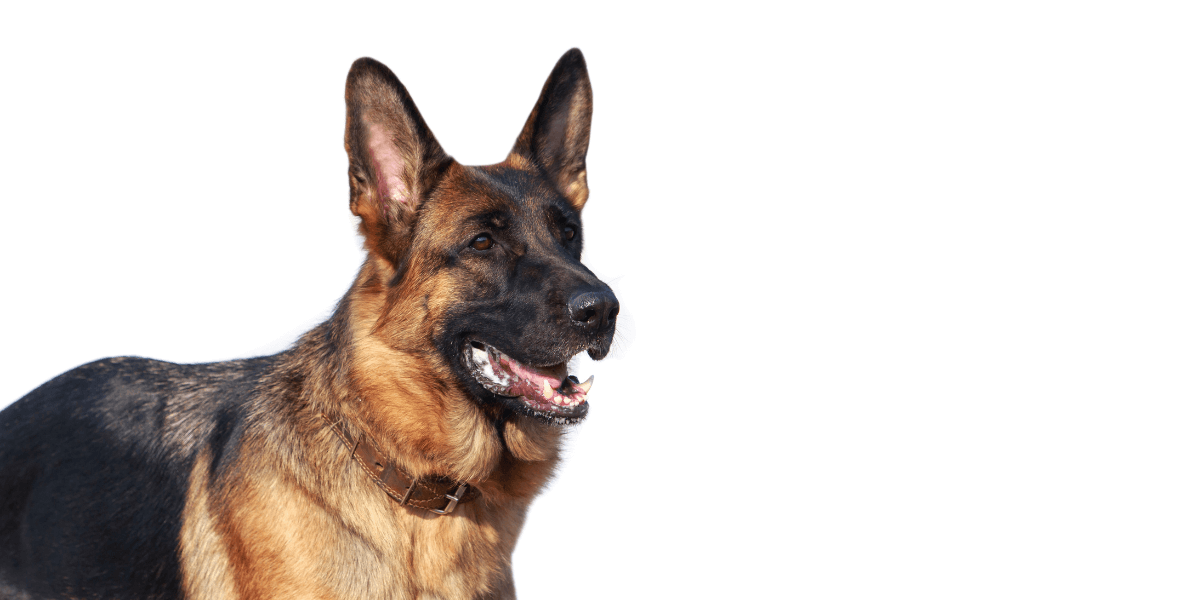
Creating a comfortable living environment is key to senior German Shepherd dog care.
Comfort Tips:
- Orthopedic Bed: Supports joints and provides a comfortable place to rest
- Accessible Living Space: Minimize stairs and provide ramps if needed
- Consistent Routine: Helps reduce anxiety and confusion
Mental Stimulation:
- Puzzle Toys: Engage their mind and prevent boredom
- Training Sessions: Simple commands and tricks keep their brain active
- Social Interaction: Regular playtime and socializing with other dogs
7. Emotional Well-Being
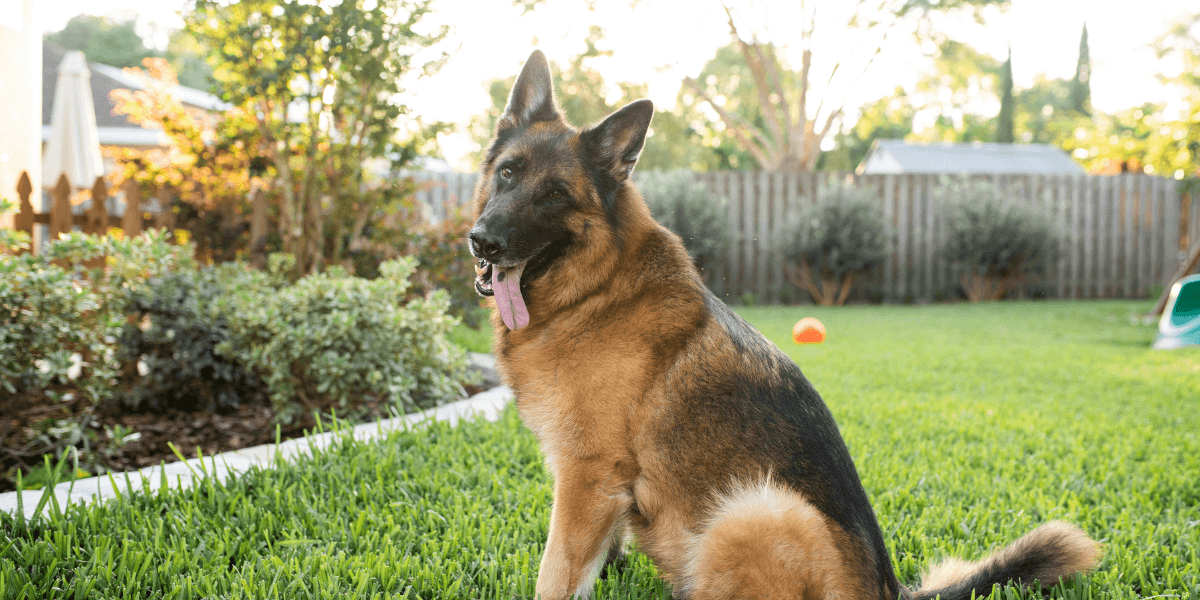
Your senior German Shepherd's emotional health is as important as their physical health.
Emotional Support:
- Quality Time: Spend time with your dog daily, providing affection and comfort
- Positive Reinforcement: Use praise and treats to encourage good behavior
- Monitor Behavior: Watch for signs of anxiety or depression and address them promptly
For more info, read How Dogs Drive Emotional Well-being on Psychology Today.
FAQs
1. When should I start focusing on senior German Shepherd Dog care?
- Begin around 7-8 years old as your German Shepherd ages
2. What diet changes are needed for senior dogs?
- Switch to a senior formula with joint support and lower calories
3. How much exercise does an older German Shepherd need?
- Aim for moderate, low-impact exercise to maintain mobility
4. What are the signs of common health issues in senior dogs?
- Watch for changes in weight, mobility, and energy levels
5. How can I support my senior dog’s joint health?
- Support joint health with glucosamine supplements and comfortable bedding for your senior dog
6. How often should I schedule veterinary check-ups?
- Schedule check-ups every 6 months to monitor health closely
7. What can I do to enhance my senior dog's comfort at home?
- Create a cozy, accessible space with easy access to essentials
Conclusion
- Ensure frequent veterinary visits for comprehensive Senior German Shepherd Dog Care
- Maintain appropriate physical activity
- Creating a comfortable living is a crucial part of
- Stay vigilant for any health changes and address them promptly
- Engage in mental exercises to keep your senior dog’s mind sharp
- For more tips on senior dog care, join our community of dedicated dog owners!
References
For more information and resources, check out these reputable sources:
- American Kennel Club: Senior Dog Care
- Eachpaw: Dog Breeds Most Prone to Hip Dysplasia
- German Shepherd Shop: How To Keep Your Senior Dog Young
- Eachpaw: Best Exercises for Dogs with Hip and Joint Pain
- German Shepherd Shop: 7 Tips To Help You Care For A Senior Dog
- Senior German Shepherd Dog Care
Senior German Shepherd Dog Care is essential for their well-being!
You can make their golden years truly special!




